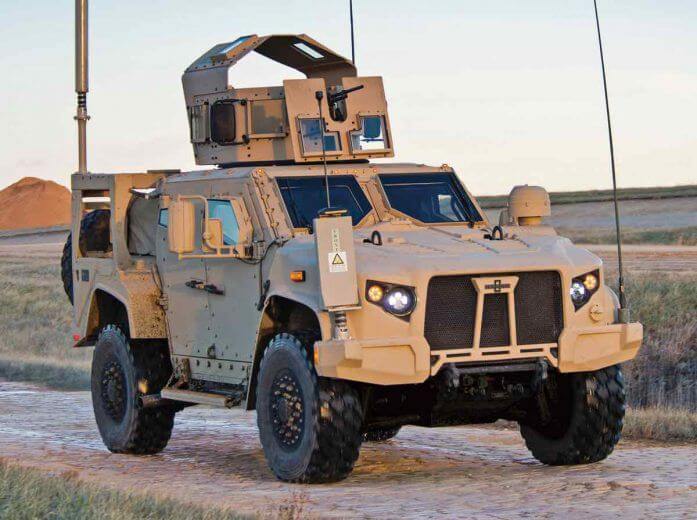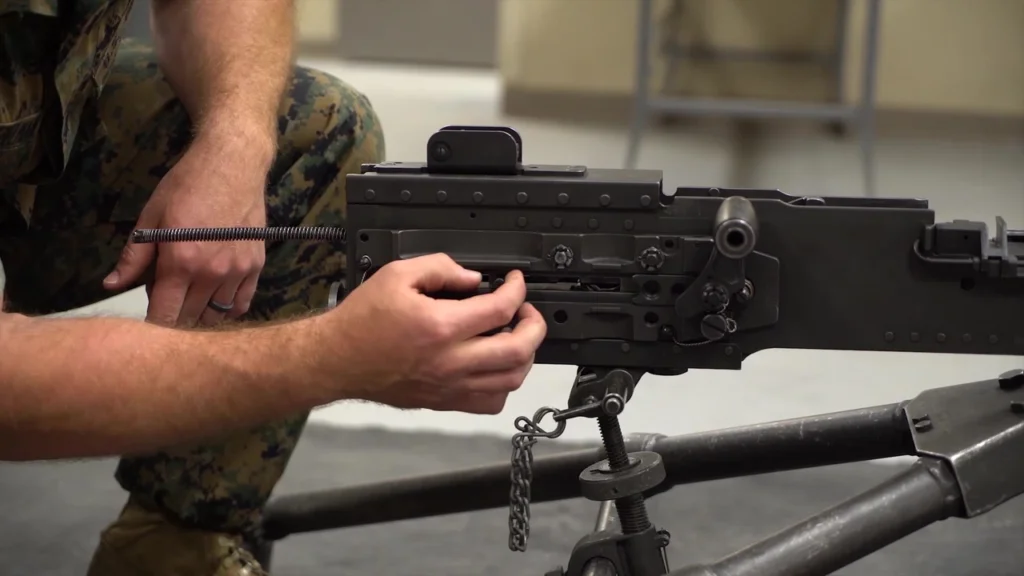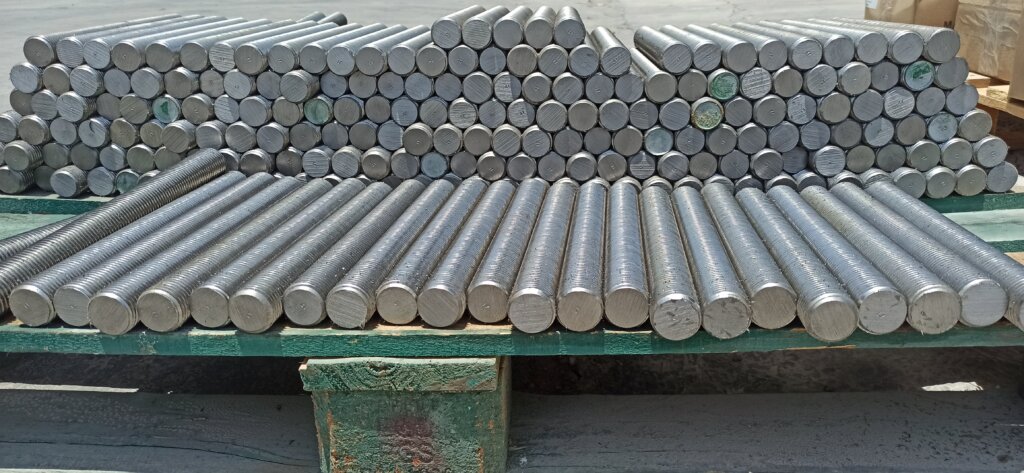In both defense and heavy engineering industries, gears, threads, and tooling are exposed to severe operating conditions, including high friction, thermal stress, and corrosive environments. Conventional protective measures often fail to ensure the required operational longevity, leading to premature wear, frequent replacements, and costly downtime.
Author: admin
Use Case – How to Improve the Existing Efficiency of Nanotechnology Application in the Military Industry
Barrel wear and abrasion represent one of the most persistent problems in grenade launchers and other large-caliber weapon systems. Without advanced protective measures, barrels degrade quickly under extreme firing conditions, reducing accuracy, increasing maintenance costs, and requiring frequent replacement.
Use Case – Tungsten Disulfide Fullerene Nanoparticles in Oil Suspension
Military and heavy-duty vehicle engines operate in extreme environments where conventional oils and greases are insufficient to prevent wear, cold-start difficulties, and premature breakdown. Vehicle downtime due to engine degradation leads to higher operational costs, reduced reliability, and mission delays.
Use Case – Nano Protection for Optical and Aiming Device Mechanisms
Improved anti-friction and anti-wear characteristics of optical/aiming mechanisms
Use Case – Enhance Performance for TEST BARRELS & LEAD BULLETS
For this testing, lead bullets LRN 10.2 g, caliber 38 (.3575) were pre-treated. Bullets were coated with ultra-thin layers of fullerene nanoparticles of tungsten disulfide, without affecting the caliber.
Use Case – Defense Industry – Cutting Tools & Internal Parts and Barrels of the Browning .50 Machine Gun & Automatic Rifles
In the first application cycle, an anti-friction, anti-wear, heat- resistant, and anti-corrosion Nanotechnology-based agent was used, which significantly extended the service life of cutting tools by 42%–120%.
What EPC Teams Ask Us Most
In Saudi Arabia and across the GCC, Engineering, Procurement, and Construction (EPC) projects are the backbone of Vision 2030’s giga-projects—from smart cities and renewable energy parks to logistics terminals and refineries. But at the heart of these projects lies a critical question: can suppliers deliver the right materials, to the right standard, at the right time?
Procurement Without Procurement Delays: Why Timely Delivery Defines EPC Success
In the world of Engineering, Procurement, and Construction (EPC), success is often measured not only by design brilliance or technical execution but by time. Schedules drive everything—from financing milestones to government approvals—and even the strongest blueprints are powerless if materials don’t arrive when needed.
The Fastener That Passed: How QR-Coded Traceability Boosts EPC Confidence
In the world of Engineering, Procurement, and Construction (EPC) projects, success is measured not only by how structures rise but also by how seamlessly the supply chain performs behind the scenes. Amid billion-dollar contracts, high-pressure timelines, and strict compliance checks, even the smallest component—the humble fastener—can determine whether a project proceeds on schedule or stalls.
Beyond the Bolt: Why EPC Contracts Require Certified Procurement Partners
In giga-project environments across Saudi Arabia and the wider GCC, the smallest component can become the biggest risk. A single undocumented bolt can trigger NCRs, delay handover, or fail an audit—jeopardizing liquidated damages and reputational standing.










